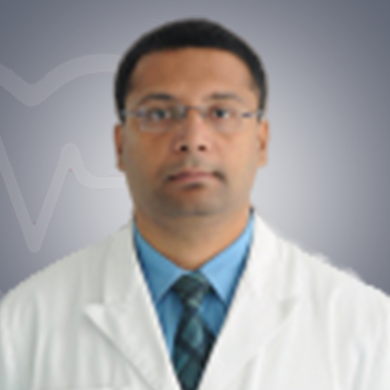
Neurosurgeon
Medanta - The Medicity , Gurgaon, India14 Years of experience
Speaks: English
A neurosurgeon is a doctor who specializes in the diagnosis as well as surgical treatment of conditions of the central and peripheral nervous system, such as congenital anomalies, infections of the brain or spine, stroke, trauma, tumors, vascular disorders, or degenerative diseases of the spine. Here is a list of some of the conditions Dr. Anirban Deep Banerjee treats:
Some of the signs and symptoms of neurological disorders are listed below. Consult your doctor/neurosurgeons if you experience any of these symptoms. Early detection of the condition can help control the severity of the symptoms and can be effectively treated. The below symptoms should be discussed with a neurosurgeon who will advise required diagnostic tests and start appropriate treatment.
The above symptoms appear mainly due to conditions that can adversely affect the nervous system. The symptoms can vary from person to person because the nervous system regulates different body functions. Symptoms can include all forms of pain.
The working hour of doctor Anirban Deep Banerjee is 11 am to 5 pm from Monday to Saturday. The doctor has an off on Sunday. Although the doctor is mostly available during operating hours, you should check with the doctor for his availability and then visit his clinic/hospital.
Dr Anirban Deep Banerjee is a renowned neurosurgeon who performs a number of popular procedures mentioned below::
With a rich experience in neurosurgery and having a record for performing a number of successful brain surgeries with a high success rate, the neurosurgeon has received global recognition for their holistic approach. Patient safety is the top priority for the doctor who follows all medical protocols and provides care of international standards. Also, the doctor can handle even the most complicated cases with ease.

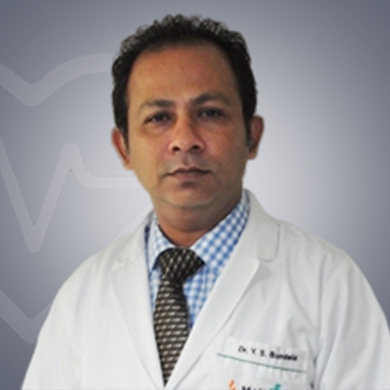
Neurosurgeon
Ghaziabad, India
18 Years of experience
USD 26 USD 22 for video consultation
Book an Appointment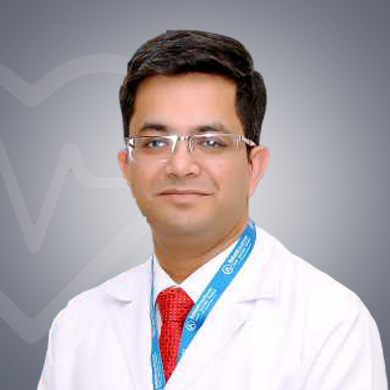
Neurosurgeon
Delhi, India
18 Years of experience
USD 38 USD 32 for video consultation
Book an Appointment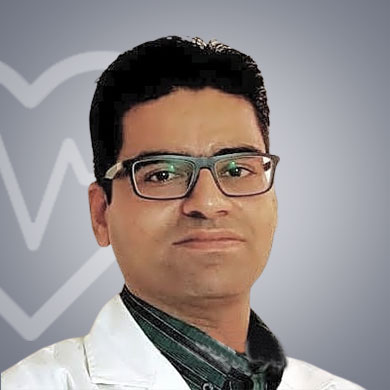
Neurosurgeon
Delhi, India
15 Years of experience
USD 48 USD 40 for video consultation
Book an Appointment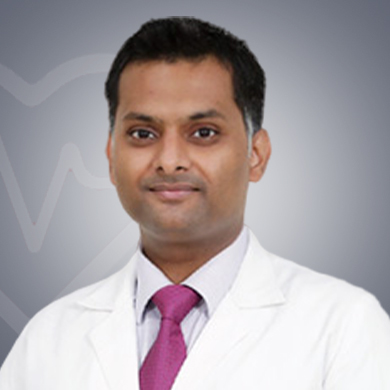
Neurosurgeon
Delhi, India
14 Years of experience
USD 60 USD 50 for video consultation
Book an AppointmentShare Your Experience about Dr. Anirban Deep Banerjee

Neurosurgeons, also known as brain surgeons, are doctors who specialize in the surgical treatment of conditions that affect the nervous system, brain, and spine. Neurosurgeons first have the training which makes them eligible to practise as a doctor. After this, they complete specialist training in neurosurgery. Neurosurgeons work in different settings like private clinics and public or private hospitals. They often collaborate with other specialists and medical professionals as per the requirement of surgery. They also evaluate the condition of the patient before performing surgery in order to find the complications of the surgery, if any.
Diagnosis tests act as an important tool to find out the condition(s) a patient is suffering from. So, a neurosurgeon will ask you to get a few tests done so that they get to know the cause of the symptoms which further helps in finding the condition the patient is suffering from. Based on the diagnosis, the doctor can start appropriate treatment. A neurological exam or a neuro exam is the evaluation of an individual’s nervous system to know how well it is functioning and find out an underlying condition. A neurological exam may include:
Some of the diagnostic tests required before and during a consultation with a neurosurgeon are::
If you show the below symptoms, consult a neurosurgeon who will diagnose the condition and suggest the right treatment.
Dealing with the entire nervous system, neurosurgeons treat all the parts of the body that are affected by nerve issues. They do complex surgeries on the brain. Before starting treatment, they diagnose patients' symptoms and design minimally invasive treatment plans.